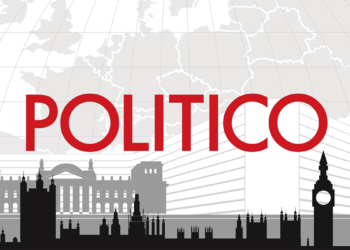Trump Trial Day 7: DA Bragg’s legal strategy is filth by association
NEWYou can now listen to Fox News articles! Two Trump cases converged in the U.S. Supreme Court on Thursday, when Justice Brett Kavanaugh asked a penetrating question. What’s to...
Read more































